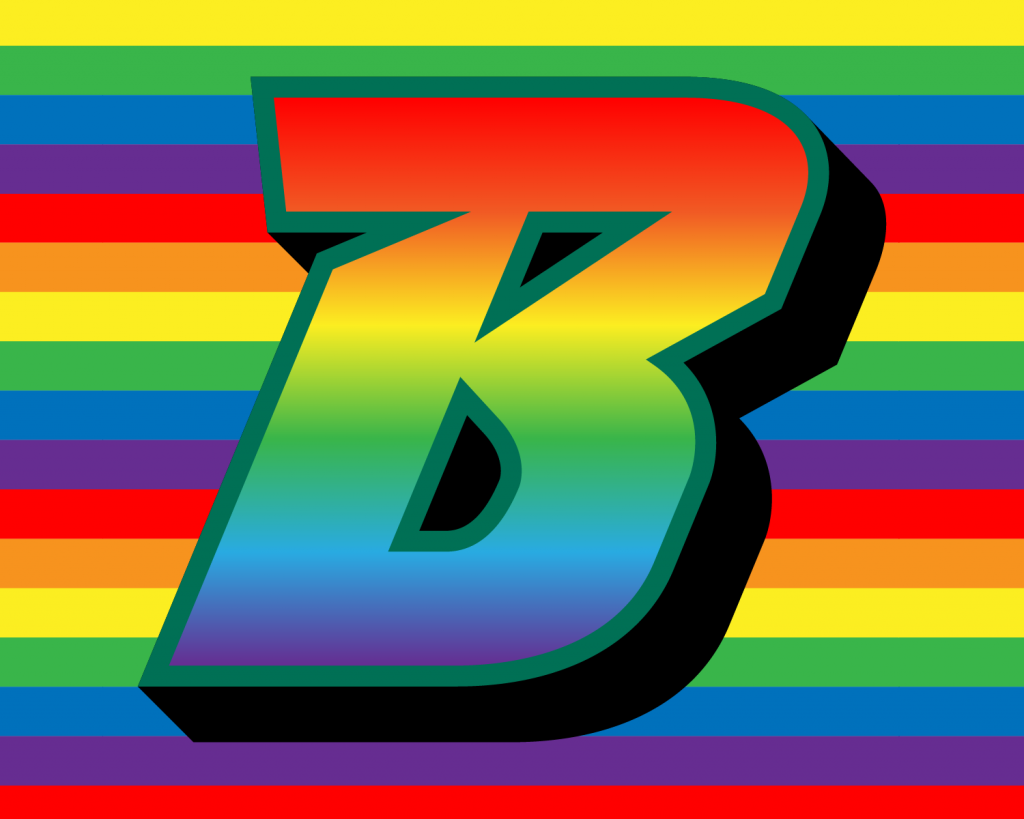Binghamton University has received a 4.5 out of five stars on the Campus Pride Index (CPI).
The CPI was created in 2007 by the nonprofit organization Campus Pride. According to their website, Campus Pride works with student leaders and campus groups to create safer, more LGBTQ-friendly environments at colleges and universities. The index measures LGBTQ+ inclusive policies, practices and programs that are implemented by a university or college. The index score measures eight factors, including LGBTQ+ academic life, housing, campus safety, and counseling and health services, according to the Campus Pride website.
To participate in the index, a campus official creates an account to take a self-assessment with over 50 questions corresponding to the eight factors being measured. Once the assessment is complete, the official receives a confidential report of their responses, results and recommendations.
According to the Campus Pride website, BU has received four out of five stars in terms of policy inclusion, support and institutional commitment, and recruitment and retention efforts. BU has also received five stars for both LGBTQ+ student life and residential and housing life. The index gave BU a 4.5 for campus safety, with the lowest-rated factor being counseling and health, with a score of 3.5.
Nicholas Martin, assistant director of the Q Center, an organization providing resources and hosting educational events for LGBTQ+ students at BU, discussed the contributions the organization has made to the University’s score.
“Since my arrival at [BU] in the fall 2021, the Q Center team has worked tirelessly to increase LGBTQ+ visibility on campus through events, educational workshops, our Gender Bender Clothing Closet and meaningful collaborations with campus partners and the LGBTQ+ student organizations,” Martin wrote in an email. “This work is never finished and improvement is always necessary.”
Part of the CPI score measures two inclusion factors — sexual orientation and gender identity/expression score. BU has been rated 4.5 stars for both factors.
Rachel Del Fierro, an intern at the Q Center and a sophomore majoring in psychology, said BU can improve inclusion for gender non-conforming students.
“We recently celebrated the implementation of the SUNY-wide ‘chosen name and pronoun’ policy, which is great, but not the end-all, be-all when it comes to combating discrimination against gender non-conforming folk,” Del Fierro said. “I believe having more widespread, highly enforced education and training on the topic would help solve these issues on an individual level. On top of that, putting more gender-neutral bathrooms in popular, accessible locations would be appreciated.”
The Q-Center provides resources for LGBTQ students, such as the Gender-Bender Clothing Closet, offering clothes affirming students’ gender identities and expressions in exchange for donated clothes, along with holding events such as Transgender Awareness Week, the National Day of Silence and the “OUTober” Pride Month.
Luis Hernandez, the political activism chair for SHADES — an organization for LGBTQIAP+ students on campus — and a sophomore majoring in biology, said BU can improve their effort toward people-of-color (POC) LGBTQ+ students.
“I think that [BU] can promote intersectionality between LGBTQ and POC identities, rather than solely focusing on the white LGBTQ experience,” Hernandez wrote in an email. “They can do this by simply hosting queer events and having resources that actively strive for more inclusion of different ethnic backgrounds. I think BU can also hire more POC LGBTQ figures for students to go to for support and assistance, as well as giving appropriate budgets to each organization that correlates with their impact on campus.”
According to the CPI website, some of the services that BU does not offer currently are an LGBTQ+ social fraternity, a standing advisory committee focused on LGBTQ+ issues and the option for students to self-identify their sexual orientation on an admission application or post-enrollment form.
Hernandez discussed the impact that events from SHADES have made for LGBTQ+ students at BU, such their Vogue Ball and Sex Carnival.
“Voguing, originating from gay and trans-Latinx and Black culture, celebrates and magnifies a culture that is underrepresented on campus,” Hernandez said. “Thus, our event allows students of multiple identities to feel comfortable in a space where they can embrace themselves, their history and their roots. Conducting events that both [embrace] culture and addresses critical issues of being a POC queer student at a [predominantly white institution] allows the [BU] queer student body as a whole to benefit by embracing the diversity that exists within the queer community on and outside of campus.”



